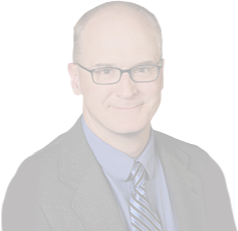Preparing for Orthopedic Surgery
Once you have been seen and evaluated by Dr. Stewart and are considered a candidate for joint surgery, you will meet with one of our surgery schedulers to set up a date for surgery. Dr. Stewart performs orthopedic surgery at Oakleaf Surgical Hospital, Sacred Heart Hospital and St. Joseph’s Hospital. If you have any underlying medical conditions such as diabetes, heart disease, or lung disease, you may not be a candidate to have your surgery performed at Oakleaf Surgical Hospital. This will be addressed with you at your appointment to see Dr. Stewart. You will see your primary care provider 1-2 weeks prior to your surgery for a preoperative physical examination to make sure you are medically fit to undergo orthopedic surgery with Dr. Stewart.
Hip – Preparations for Orthopedic Hip Surgery:
Knee – Preparations for Orthopedic Knee Surgery:Surgery Preparation
Working with Your Orthopedic DoctorYou will not be able to eat or drink anything after midnight the day prior to your orthopedic surgery. There are certain medications that you must avoid prior to surgery including aspirin, anti-inflammatory medications (ibuprofen, Aleve) and anticoagulants. Click here to see a full list of medications that must be discontinued prior to joint surgery and how many days prior to surgery they must be stopped. Your primary care provider will also address which medications you can and cannot take prior to surgery at your preoperative physical examination. You will also receive a packet of information about your upcoming surgery from the hospital you will be having your surgery at, which will further explain the surgical preparation process.
If you are scheduled for a joint replacement (hip or knee) surgery, there are joint camps that you can attend prior to your surgery to gather more information about the joint surgery and recovery process. Both Sacred Heart Hospital and Oakleaf Surgical Hospital provide these classes for our patients and they will contact you about upcoming classes. At the joint camp, you will learn which assistive devices you may require after hip or knee surgery. We also send all of our patients undergoing joint replacement to preoperative physical therapy where you will learn some of the exercises you will be doing postoperatively. The physical therapists will also assess which assistive devices or medical equipment may be helpful for you to have at home once you are discharged from the hospital.
If you become sick or have any medical conditions that require antibiotic use within 2 weeks of your surgery, please contact our office immediately. It is likely that if you are placed on antibiotics or are ill your surgery will be postponed until you have recovered. If you have any questions regarding your upcoming surgery, please contact our office and we’d be happy to answer your questions.
Medications to Avoid Before Surgery




